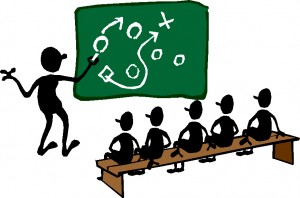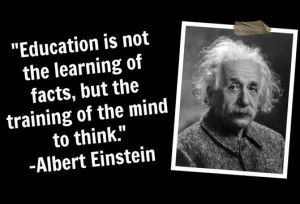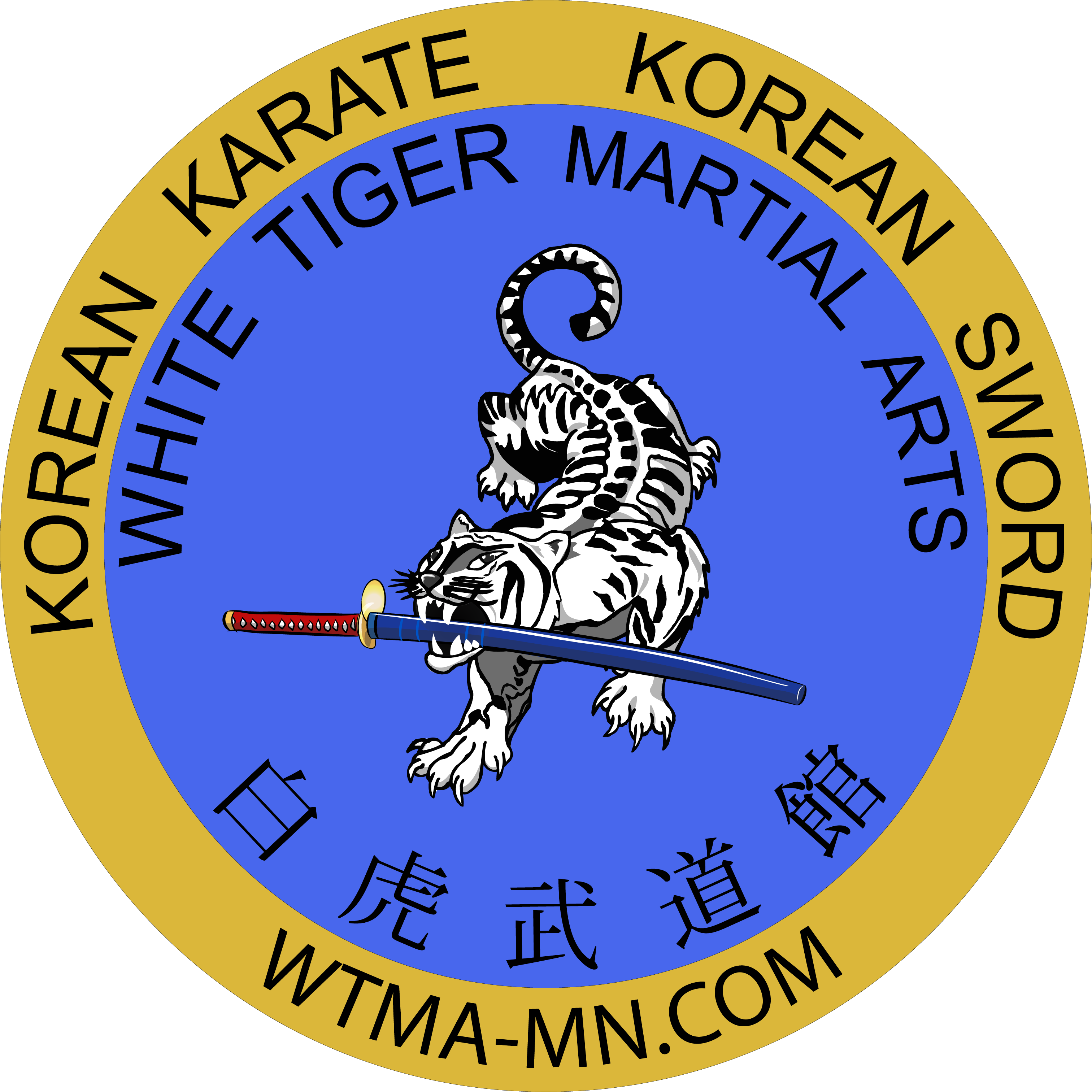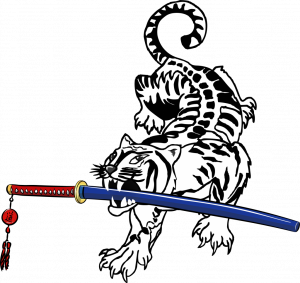Do you know the differences? Which are you?
The following definitions were taken from the Merriam-Webster Dictionary. Yes, I know that these will be picky but that is part of what our language allows and promotes. I’ve been know to repeat the phrase “say what you mean, mean what you say” and preface some of my comments with “these words are used specifically”. It can be really easy to infer meanings or hear the words only in relation to your experiences and education.
 Trainer – a person who teaches or coaches athletes or animals : a person who treats the injuries of the members of a sports team.
Trainer – a person who teaches or coaches athletes or animals : a person who treats the injuries of the members of a sports team.
These are specialty positions but are only base level applications. They are base level as they provide knowledge and skills in a very select topic. The knowledge gained from a trainer is used for a specific purpose. Many trainers are in the fitness industry including varsity and professional athletics. They teach how to get stronger or faster or use certain tools. The tools can be athletic in nature such as hammers or discus but they can also be handcuffs and firearms.
Coach – a person who teaches and trains the members of a sports team and makes decisions about how the team plays during games.
 This is a really easy term to use. I regularly refer to the physical education people at colleges and universities as “coach” as, to me, it is a respectful title for what they do. It is their job to give you knowledge and skills to be successful. They are also responsible to provide you with the “game plan” on how to accomplish your goals. The main purpose of a coach is to help you “win” at the game you are playing. There are some carry-overs but they are still usually based on winning. You can see some of the way coaching has been applied to business and life activities through presenting the same underlying concepts of discipline, confidence, etc.
This is a really easy term to use. I regularly refer to the physical education people at colleges and universities as “coach” as, to me, it is a respectful title for what they do. It is their job to give you knowledge and skills to be successful. They are also responsible to provide you with the “game plan” on how to accomplish your goals. The main purpose of a coach is to help you “win” at the game you are playing. There are some carry-overs but they are still usually based on winning. You can see some of the way coaching has been applied to business and life activities through presenting the same underlying concepts of discipline, confidence, etc.
It is most common that a coach is also a trainer. This makes sense as they develop a specific portion of a sport, they also learn the sport. The struggle for a coach outside of athletics is to present a viable game plan for life, though. The subject of life is so vast and doesn’t follow the rules of a sport. Only analogies from sports can be used to help guide an individual as they try to “win” at life..
Instructor – a teacher in a college or university who is not a professor (a college teacher below professorial rank) : a person who teaches a subject or skill.
Someone who is NOT a professor is the part that rings here. Our current society seems to feel that anyone who has gotten some kind of training and may even have a certification is a qualified teacher. Then again, the majority of our society doesn’t spend any real time studying the subjects. A weekend is sufficient to “know” what you’re doing. Nearly a decade ago I had a conversation with a student who had gone for a yoga instructor’s certification. Knowing her martial arts experience, I asked how the philosophies from yoga compared and contrasted to what she had previously learned. She said that the course didn’t discuss any of that aspect. It focused on the poses and how to string poses together. This begs the question then, are you really learning yoga or just doing a physical workout using yoga poses? There are many martial arts schools that give great workouts without truly teaching martial arts.
 Teacher – teacher in a college or university (professor – academic professional) : a person who teaches a subject or skill.
Teacher – teacher in a college or university (professor – academic professional) : a person who teaches a subject or skill.
This is where my opinion comes in that the martial arts should have academic recognition. The study covers such a variety of material that it is NOT simply teaching a subject or a skill. I have found several who actually understand this and teach much more than how to win at a tournament. Their knowledge of history and culture become ingrained in the material and teaching style. Much of Today’s martial arts is about personal development to learn discipline, self focus, self control and become better problem solvers. Very little directly addresses the original aspects of personal protection. This direction change has made it easy for those with some knowledge to become successful teaching but have they reached the level of teacher?
I’m an old dumb jock who has been trying to learn more about myself and how I fit into the world. I have decided that our language has the capability to describe things very clearly. This perspective is the gist behind this rambling. There are differences and they should be recognized, even promoted. Our society is willing to accept weekend certifications as being quality enough to teach you something. This devalues those who deeply understand subjects and can pass on that knowledge. Well, all I can only say is that I’m grateful for the TEACHERS that I’ve had along the way. I hope that I can contribute anything to continuing their knowledge.
Author: Master Robert Frankovich
As you read and enjoy the posts on this site, please consider “sharing” them! The “likes” help generate additional readership but “sharing” will help even more! Thank you for your assistance!
If you have questions, please feel free to contact me!



2 thoughts to “Teacher, instructor, coach, trainer.”
I agree that much of todays society is about pooling meanings – thus we are losing the accuracy that could be available in our language. Perhaps it is tied to the abbreviated communication promoted by texting and email as compared to actually having a conversation with someone. in addition, I have to add to your points above in that a ;’title’ isn’t required to elevate someone else. A great amount of what I have learned over the years came from sources other than teachers/professors/trainers or coaches. Much of life is learned from the everyday contact we have with people. I have learned a great deal from children, acquaintances and even people that are still nameless to me. While one should continuously seek knowledge, it does help to correctly value/title those at their associated level of competence.
I can agree with the perspective of “awarded” titles. It runs rampant in the martial arts, where too much ego still appears. The concept of learning from everyday contact, though, is vital to our growth and development. It may be good for people to start recognizing that everyone can be their teacher, if they are willing to see the lessons.
Comments are closed.